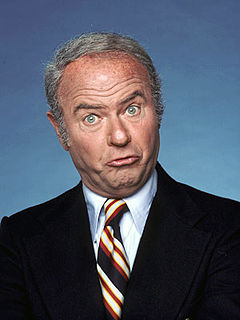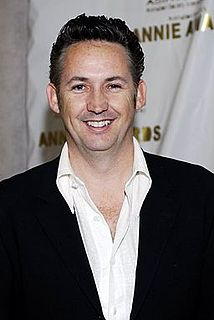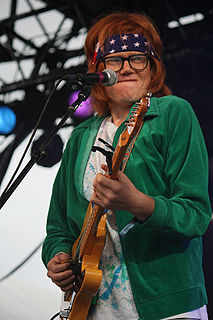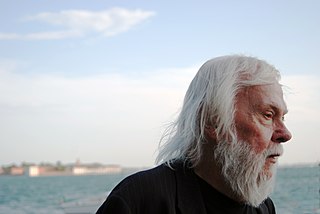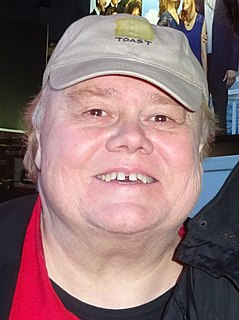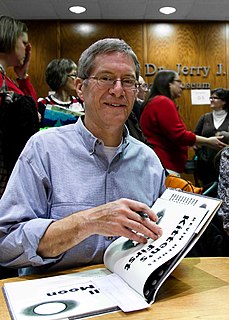A Quote by David Walliams
Writing for radio really focuses the mind, because you can't rely on thinking "Oh, just pull a funny face at the end of this sketch." You've got to try to work on the words.
Related Quotes
What is useful about when there is a sort of pull-out to reveal moment going on is that it actually focuses the mind when you're writing the earlier scenes because you're thinking 'right, how do I? I can only show this amount of the room... I can only show these characters from the waist up because they've all got robot legs!' it's a challenge so it keeps you engaged on some level.
I know musicians who think that drumming and guitaring can be very meditative, but singing is different because when you think about things, you put words to them. So I try to just stay present most of the time, I try not to let my mind wander and I also try not to clear my mind. I like to still have thought and be aware of people and whatever that's happening, but I also like to just focus on the words that I'm saying.
I was teaching live drawing in a community college and students started zoning in on the face and spending a couple of hours on that and then putting the rest of the body on the face only in the last hour. It didn't work to just tell them, 'Well, you're really not thinking of the body as a totality.' So in desperation I would put a drape over the model's head so they couldn't see it. They had to draw the body and then at the end of the session for an hour I would take the drape off just to try to reverse their procedure.
The Four Reliances. First, rely on the spirit and meaning of the teachings, not on the words; Second, rely on the teachings, not on the personality of the teacher; Third, rely on real wisdom, not superficial interpretation; And fourth, rely on the essence of your pure Wisdom Mind, not on judgmental perceptions.



